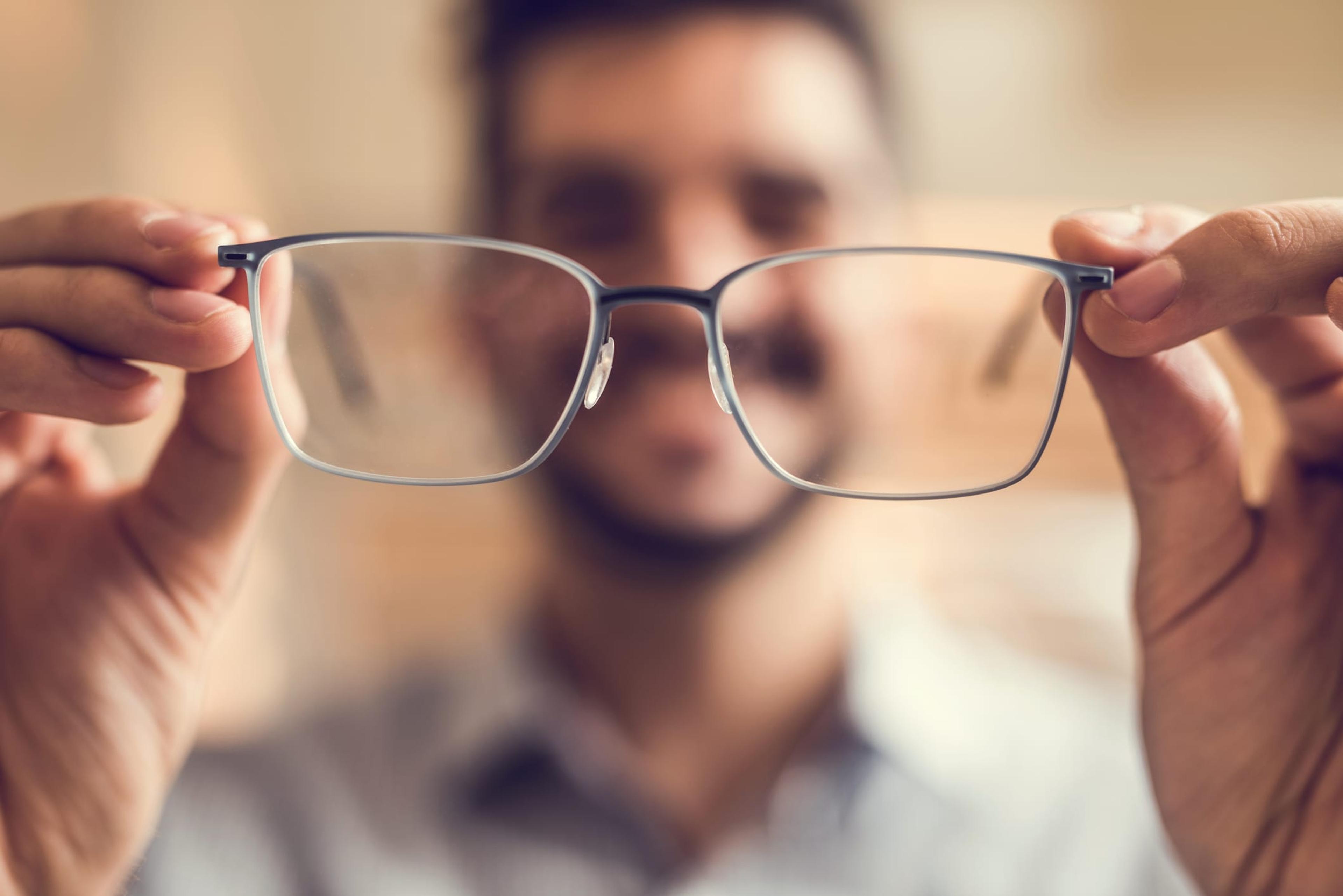Encourage Vision Well-Being
Zach Micklea
| 2 min read

Employees with vision coverage tend to go to the eye doctor to get new glasses and refill contacts, but their eye exam also helps preserve their vision and make your employees more comfortable and productive at work. The Centers for Disease Control estimates that 93 million adults in the U.S. are at high risk for serious vision loss, but only half visited an eye doctor in the past 12 months. Early detection and timely treatment of eye conditions, such as diabetic retinopathy, has been found to be efficacious and cost effective. Vision plans are highly valued by employees, but they don’t always take advantage of this benefit. The cost of your employees getting an annual eye exam is extremely minimal when compared to the cost of eye disease that has gone on too long and needs treatments, including:
- Cataracts, which are cloudy areas in the lens of the eye and are very common as one gets older
- Glaucoma, which is a group of eye conditions that damage the optic nerve, the health of which is vital for good vision
- Macular degeneration, which causes vision loss in the center of the field of vision
- Amblyopia, also called lazy eye, which is a disorder of sight in which the brain fails to process inputs from one eye and over time favors the other eye
Diabetes, hypertension and autoimmune disorders are all things that can be detected through your annual dilated eye exam. Making sure your employees have an eye exam can improve their vision and, in a lot of case, make them more productive at work. An eye exam is an easy, inexpensive way to ensure the overall best health care for your employees. Want to learn more about vision well-being? Watch this Blue Cross® Virtual Well-Being webinar. In this webinar, Dr. Kathleen Caldwell, an optometrist with Heritage, will explain why it is important to encourage your employees and their families to schedule regular eye exams. You can also sign up for future employer-focused and general interest webinars here, where you’ll also be able to check out past sessions and resources. Related:
Photo credit: skynesher





